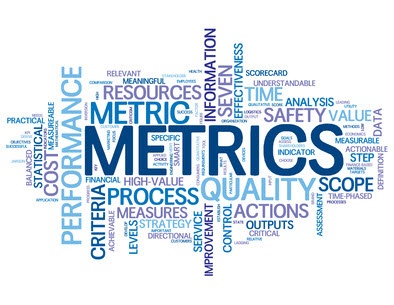Four Data Points Every Health Organization Should be Tracking - The Breakdown
Information in healthcare has become more accessible than ever. With an abundant wealth of technology readily available, health organizations are now able to paint a better picture of the business side of their hospitals and staff. While there are certainly many factors at play, data and analytics have been the primary driving factors behind health organizations venturing into a new age of innovation and quality in the industry. For a health organization to run at its most efficient pace, there are a few key data points that should be emphasized and measured through analytics-focused initiatives.
Quality Metrics
Quality metrics are having an increasingly large impact on hospital reimbursements thanks to CMS . Tracking measures such as rate of readmissions, patient experience, cost per visit, and mortality rates can have a huge impact on a hospital's and provider's earnings. This should be one of the highest priorities for health organizations.
. Tracking measures such as rate of readmissions, patient experience, cost per visit, and mortality rates can have a huge impact on a hospital's and provider's earnings. This should be one of the highest priorities for health organizations.
Work RVUs
The work RVU is the most common, making up 53% of total RVUs across all procedures. It's also been a defining part of CMS's reimbursement model, with some arguing RVUs play more of a role than quality does. Monitoring work RVUs can help determine case complexity, ensure you are receiving proper reimbursements based on care provided, and track general day-to-day productivity.
Length-of-Stay
Metrics such as daily admissions, diverted and denied patients, and room-turnaround time are important to understand because they offer insight into daily efficiencies/inefficiencies. From a less technical approach, establishing better coordination and communication with staff and patients goes a long way in smoother transitions and discharges. It should be noted that discharging patients in a timely manner doesn't mean rushing them out the door, but ensuring that they are receiving timely and appropriate care to keep their stay as short as possible.
Readmit Rates
Having the ability to track a patient from admission to discharge is crucial in understanding why a readmission might occur. If there were lapses in coverage or care, data can reveal where, why, and how. Going further, data can be broken down to show readmit rates by physician, an increasingly important quality metric to track. Don't think readmissions are a big deal? CMS penalized 2,573 hospitals over $500 million in August of 2017 for an excess of 30-day readmit rates.

